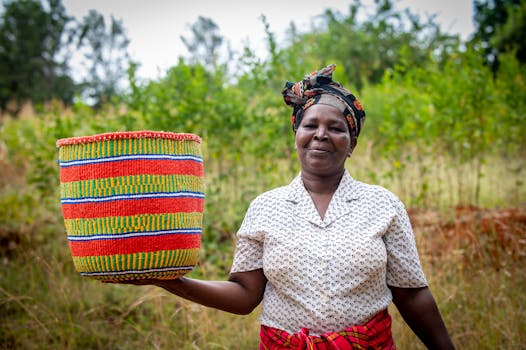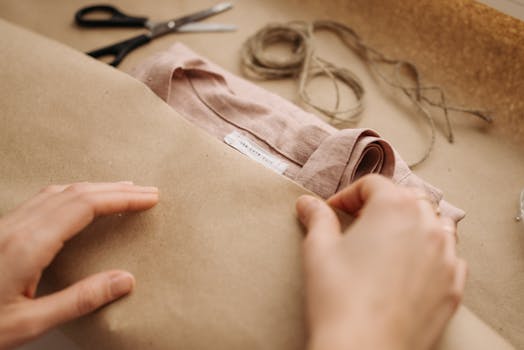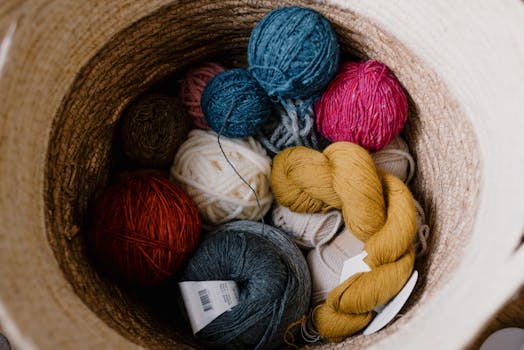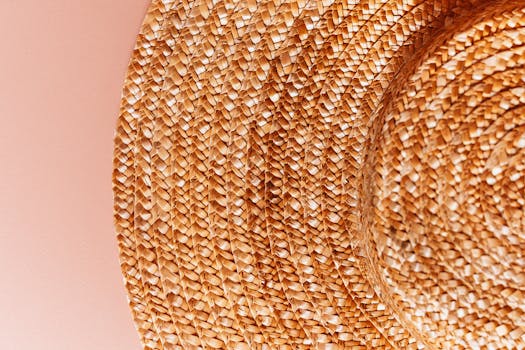Eco-Friendly Fibers: How African Companies are Leading the Green Textile Movement

Eco-Friendly Fibers: How African Companies are Leading the Green Textile Movement
Eco-Friendly Fibers are revolutionizing the textile industry, and African companies are at the forefront of this movement. The use of eco-friendly fibers is becoming increasingly popular, and for good reason. Not only do these fibers reduce the environmental impact of the textile industry, but they also provide a unique opportunity for African companies to showcase their innovative approaches to sustainable fashion.
The textile industry is one of the most polluting industries in the world, with the production of synthetic fibers being a major contributor to greenhouse gas emissions. However, African companies are turning to eco-friendly fibers such as organic cotton, hemp, and bamboo to create sustainable fashion. These fibers are not only better for the environment, but they also provide a unique aesthetic and texture that is in high demand.
The Benefits of Eco-Friendly Fibers

The benefits of eco-friendly fibers are numerous. Not only do they reduce the environmental impact of the textile industry, but they also provide a number of benefits for consumers. Eco-friendly fibers are often hypoallergenic, breathable, and durable, making them a popular choice for consumers who prioritize sustainability and comfort.
African companies are also using eco-friendly fibers to create unique and innovative textiles. For example, some companies are using plant-based dyes to create vibrant and colorful fabrics. Others are using traditional African techniques such as batik and tie-dye to create intricate and beautiful designs.
African Companies Leading the Way

There are a number of African companies that are leading the way in the use of eco-friendly fibers. One such company is Kitoko, a fashion brand based in the Democratic Republic of Congo. Kitoko uses organic cotton and other eco-friendly fibers to create stylish and sustainable clothing.
Another company is Studio 189, a fashion brand based in Ghana. Studio 189 uses eco-friendly fibers such as bamboo and hemp to create unique and innovative textiles. The company also uses traditional African techniques such as batik and tie-dye to create intricate and beautiful designs.
The Future of Eco-Friendly Fibers

The future of eco-friendly fibers is bright, and African companies are well-positioned to play a major role in this movement. As consumers become increasingly aware of the environmental impact of the textile industry, the demand for eco-friendly fibers is likely to increase.
African companies are also likely to benefit from the growing demand for sustainable fashion. With their innovative approaches to eco-friendly fibers and traditional African techniques, these companies are well-positioned to capitalize on this trend.
See more:





